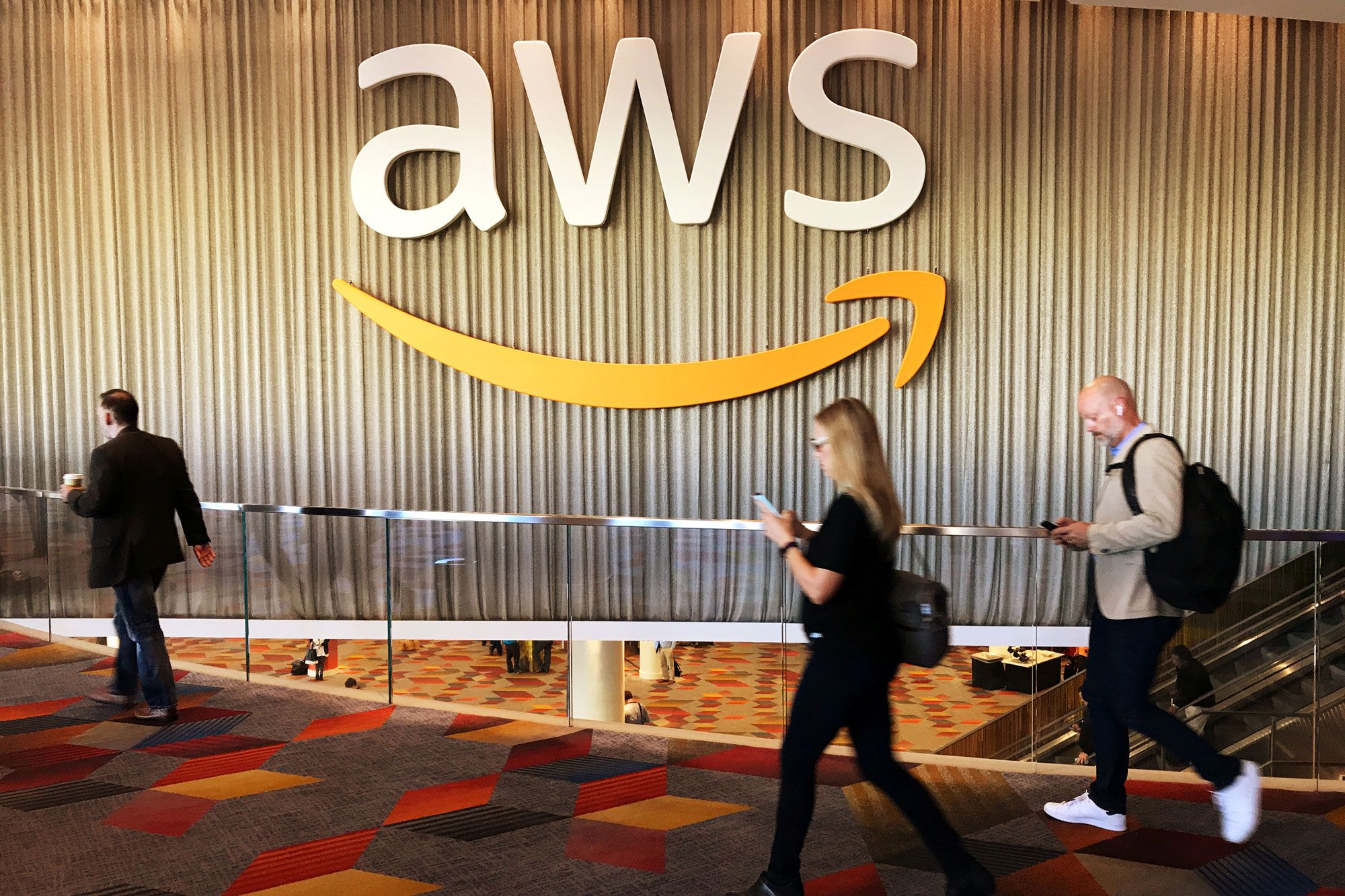OpenAI, a Microsoft-backed artificial intelligence company, has announced a partnership with Condé Nast, a leading publisher of luxury and lifestyle magazines. Under the agreement, OpenAI’s products, including ChatGPT and SearchGPT, will be able to display content from various Condé Nast outlets, such as Vogue, The New Yorker, and Wired.
The partnership is part of a broader trend of media outlets partnering with AI startups to integrate their content into conversational models. In recent months, OpenAI has announced similar deals with Time magazine, News Corp, and Reddit, allowing the company to access and display content from these publications.
As AI-generated content becomes more prevalent, media outlets are taking steps to protect their businesses. In June, the Center for Investigative Reporting sued OpenAI and Microsoft for alleged copyright infringement, following similar suits from publications including The New York Times, the Chicago Tribune, and the New York Daily News.
The New York Times filed a suit against Microsoft and OpenAI in December, alleging intellectual property violations related to its journalistic content appearing in ChatGPT training data. The Times seeks to hold Microsoft and OpenAI accountable for “billions of dollars in statutory and actual damages” related to the “unlawful copying and use of the Times’s uniquely valuable works.”
OpenAI has also announced a new search feature, SearchGPT, which combines conversational models with information from the web to provide fast and timely answers with clear and relevant sources. The company plans to integrate this feature directly into ChatGPT in the future.
The SearchGPT prototype offers direct links to news stories and is part of OpenAI’s efforts to make finding information and reliable content sources faster and more intuitive. The company’s goal is to provide users with a seamless experience that combines the benefits of human interaction with the power of artificial intelligence.
As the media landscape continues to evolve, partnerships between AI startups and traditional media outlets are likely to become more common. However, the increasing prevalence of AI-generated content has also raised concerns about copyright infringement and the potential impact on traditional journalism.












